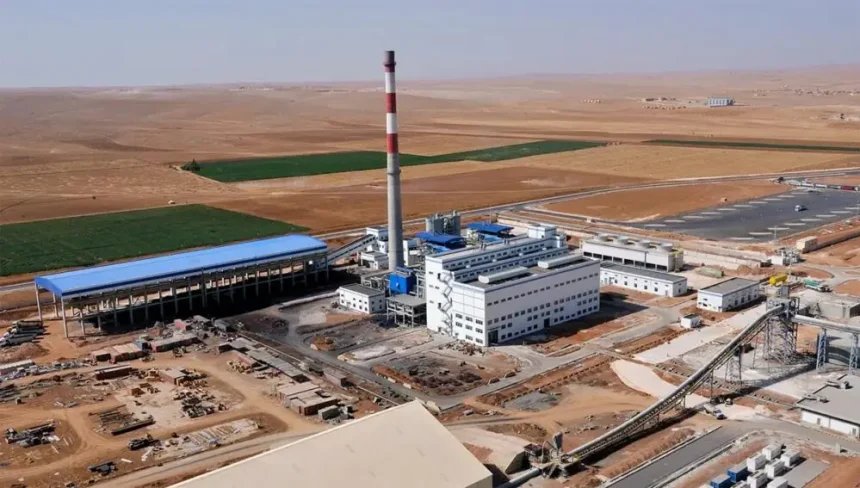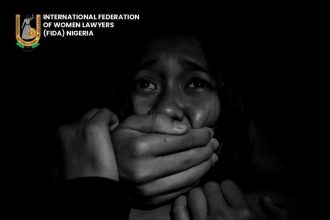The French multinational cement company, Lafarge, appeared in court on Tuesday to face charges of allegedly financing terrorist organisations, including the Islamic State (IS) and Syria’s former Al-Qaeda affiliate, Jabhat al-Nusra, to maintain its business operations in war-torn Syria.
According to French prosecutors, Lafarge and its subsidiary, Lafarge Cement Syria (LCS), are accused of paying several million dollars between 2013 and 2014 to jihadist groups and intermediaries, allowing continued access to its $680 million cement plant in Jalabiya, northern Syria.
The accused include the company itself, former CEO Bruno Lafont, five ex-operational and security staff, and two Syrian intermediaries, one of whom is currently at large under an international arrest warrant.
Lafarge faces charges of “funding terrorism” and violating international sanctions, offences that could result in a fine of up to $1.2 million if convicted.

The company’s new parent firm, Holcim, which acquired Lafarge in 2015, has maintained that it was unaware of the company’s controversial financial dealings in Syria.
Background to the Case
Lafarge’s Syrian operations began in 2010, a year before the outbreak of the Syrian civil war. As the conflict escalated following President Bashar al-Assad’s crackdown on protests, numerous multinational companies withdrew from Syria. However, Lafarge continued to operate, keeping its local workforce on-site even as extremist groups gained control of surrounding territories.
Investigations suggest that between 2013 and 2014, Lafarge made payments to ensure the safe passage of its employees and supplies, and to secure business operations under jihadist control. The plant was eventually seized by IS in September 2014, forcing the company to abandon the site.
Parallel U.S. Case and Global Fallout
This French trial comes after Lafarge pleaded guilty in a similar case in the United States, admitting to conspiring to provide material support to designated terrorist organisations. The company agreed to pay a $778 million fine, marking the first corporate conviction of its kind under U.S. counterterrorism laws.
The U.S. Department of Justice alleged that Lafarge’s payments effectively created a “revenue-sharing agreement” with IS, helping the militant group strengthen its financial base while the company sought to suppress competition in the region.

Human Rights Implications
The French investigation, opened in 2017, followed complaints filed by human rights groups and 11 former employees of Lafarge Cement Syria. They accused the company of endangering local staff and financing armed groups responsible for atrocities, including public executions and the enslavement of Yazidi women.
While the current case focuses on terrorism financing and sanctions breaches, a separate French inquiry into Lafarge’s potential complicity in crimes against humanity remains ongoing.
The trial, which began in Paris this week, is expected to continue until mid-December 2025, with prosecutors seeking to establish the full extent of Lafarge’s involvement in funding extremist networks amid Syria’s devastating civil war.
Also read:









